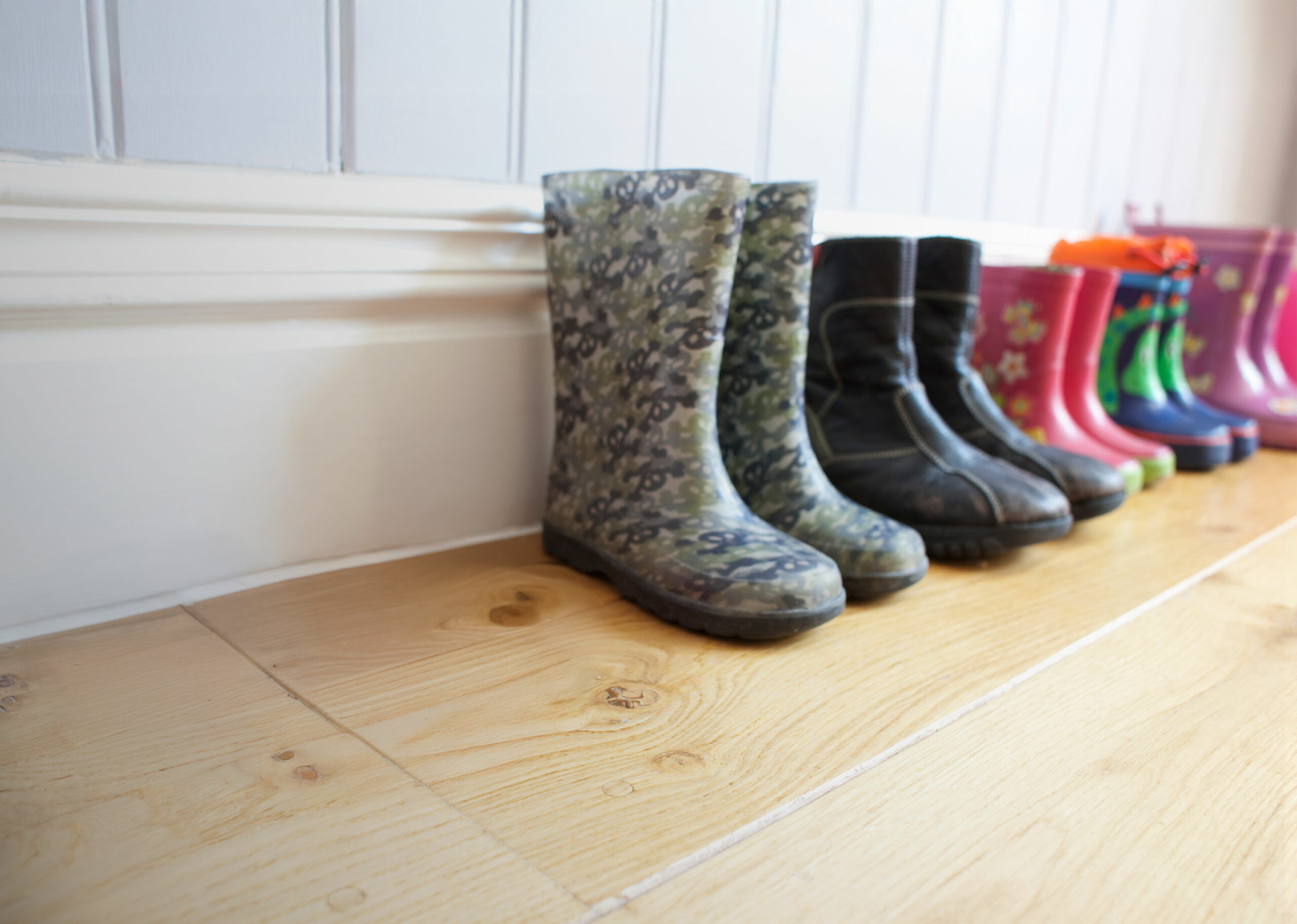Dealing with legal matters relating to children is a distressing time for many people. At Birketts we aim to make the process as straightforward as possible.
Dealing with legal matters relating to children is a distressing time for many people. At Birketts we aim to make the process as straightforward as possible by offering clear legal advice. To assist you a glossary of divorce terms has been produced.
Arbitration
An alternative way to resolve matters, similar to court proceedings, where an impartial adjudicator makes a decision on behalf of the parties.
Award
The name given to the decision of the Arbitrator in an Arbitration.
CAFCASS
The Children and Family Court Advisory and Support Service. CAFCASS is impartial and can ascertain whether there are any safeguarding issues in court proceedings, and make recommendations to the court about the outcome of a dispute.
Child Arrangements Order
An order setting out where a child should live and the time they should spend with the other parent. Residence/contact or custody/access are more widely known terms but are not the terms used by the court.
Collaborative Process
Where you and the other party (for example the other parent of the child, or the grandparent) agree not to go to court to resolve your matter, and instead agree to resolve your dispute through discussion in meetings supported by your solicitors. If either of you makes an application to court, after agreeing to resolve the dispute without court proceedings, your solicitor in the collaborative process can no longer act for you.
Consent Order
An agreement the parties have reached voluntarily, which is submitted to the court for approval. If approved, a court order is legally binding.
Contact Centre
An organisation which specialises in facilitating supported contact between individuals (predominantly parents or grandparents) and children by providing a location for this to happen.
Counsel
A barrister. A barrister is generally instructed by your solicitor, to form part of your legal team and to represent you at a court hearing.
Court Directions
An order from the court detailing what interim steps need to be taken before the next hearing. This could include a written statement, or the appointment of an expert.
Court Fee
Depending on the type of application, a court fee may be payable when submitting the application to the court.
Court proceedings
Where a dispute cannot be resolved by other means, a party can make an application to the court for the matter to be ‘heard’. A matter could be heard by a judge, a legal advisor, or magistrates. This starts court proceedings during which there can be a series of hearings. You (or your barrister) can negotiate during the court hearing (at a time when you are not sitting in front of a judge), and try to reach agreement. A judge will only make a decision at a court hearing, if they have sufficient information and evidence to be able to do so.
Direct Access
Where you instruct a barrister directly yourself, without your solicitor doing so on your behalf. This would generally be the case if you were not formally instructing a solicitor in court proceedings.
Direct contact
Contact with a child (either face to face or over the telephone for example). If there are welfare issues for the child which require it, this may be supervised by an impartial person, even if only short term whilst those issues are being investigated. Usually contact is unsupervised.
Dispute Resolution Appointment (DRA)
A court-led mediation to encourage parties to reach an agreement. If the court requires further information or evidence after a first hearing, it will list a further DRA.
District Judge
A judge who deals with the majority of cases in the County Court.
Domestic Abuse / Violence
Abuse suffered within a domestic relationship. This does not only include physical abuse, but also emotional, psychological and financial abuse, as well as coercive control.
Fact finding hearing
In court proceedings, where the parties are disputing a fact (for example, that one of the parties has a substance abuse issue, or there are disputed allegations of domestic abuse) a court can order a separate hearing. At the end of this hearing, the judge will make decisions (a finding of fact) as to what happened on each point in dispute.
Final Hearing
This is the last hearing within court proceedings. Not all matters progress to a Final Hearing, as the court can make a decision as to the outcome of a dispute at any stage of the court proceedings.
First Hearing Dispute Resolution Appointment (FHDRA)
The first hearing which the court organises after you have made your application for an issue to be resolved. At this hearing, a court will decide what needs to happen in order to progress the matter to make a final decision (order) for the parties. The court may, for example, require CAFCASS to look into your dispute in more detail and write a report making recommendations about how the dispute should be resolved. A court may also order for one party to undertake testing, for example in relation to alcohol or substance abuse.
Indirect contact
Contact with a child which is not face to face or over the telephone, for example. This may include the sending of cards and presents to the child.
Legal Aid
If you cannot afford to pay legal fees, you could explore the possibility of receiving financial assistance with this. Legal aid can cover some or all of your legal fees, if you are eligible. There are strict eligibility requirements for legal aid, these include that you or your children must have suffered domestic abuse, or the abuser has a criminal conviction. There are also financial requirements.
Magistrates
Ordinary people who hear cases in court in their community. Magistrates are not legally trained but are guided on points of law during children hearings by a legal advisor, who is legally trained. At a hearing there will usually be three magistrates, who all contribute to the decision making process equally. It is only where children matters are particularly legally complex, that it may be referred to a district judge to deal with.
Mediation
A process to encourage parties to reach an agreement together by sitting around a table with an experienced, impartial, family mediator. Mediation is not legally binding but frequently an agreement reached in mediation can be converted into a court order.
Parental Responsibility
The bundle of rights, duties, powers and responsibilities and authority that, by law, a parent of a child has in relation to the child and their property. Mothers, and fathers who are married to the mother of their child automatically have parental responsibility over a child. Unmarried fathers do not automatically have it, but can obtain it by marrying the mother, or being registered as the father of the child on the child’s birth certificate. Second female parents automatically have parental responsibility if they are married to the mother at the time of the fertility treatment. If they are not married, they can obtain parental responsibility if both parents consent in writing at the time of the treatment. The law is slightly different in respect of same-sex male parents.
Permission Hearing
If the individual, who is making the application to the court for an issue to be determined, does not have the automatic legal right to do so, they will need to gain permission from the court before their main application (i.e. to spend time with the child) is dealt with. This could be a father without parental responsibility or a grandparent seeking to spend time with their grandchild.
Safeguarding
The action that is taken to promote the welfare of children and protect them from harm. CAFCASS will prepare a safeguarding letter to the court before the First Hearing, which sets out whether either parent has been the subject of police, social services or other agencies involvement, and whether this raises any welfare issues that the court should know about.
Supervised Contact
Individual supervision of contact with a child, with the supervisor in constant sight and sound of the child, which, in turn requires that they have the support of a nearby colleague.
Supported Contact
Keeps children in touch with parents if trust has broken down or communication is difficult. Parents do not have to meet.
Specific Issue Order/ Prohibited Steps Order
An order deciding a specific issue in relation to the child/children. Usually this relates to how they exercise their parental responsibility: for example, which school they are going to attend, or whether they are permitted to travel abroad on a holiday.
Welfare Checklist
The list of issues which must be considered by a court before making a decision in relation to a child. This list is found in Section 1 of the Children Act 1989. The court’s paramount consideration when making a decision, is the welfare of the child while a minor.












